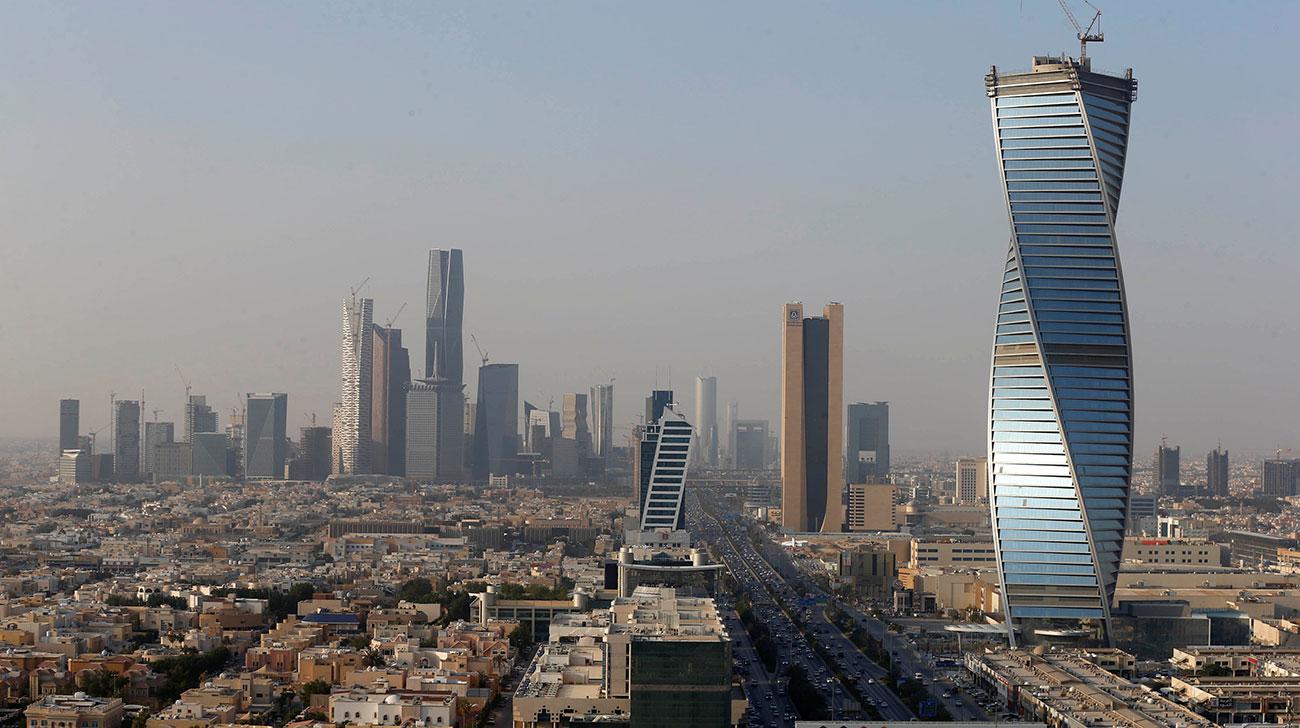Is it time to launch a Riyadh energy exchange?

We do not have a premier international energy futures and commodities exchange in the Middle East.
Amid the current economic reforms, a Riyadh-based energy exchange could swiftly and successfully be the premier marketplace in the region.
Saudi Arabia is the largest oil exporter in the world so why does it not have its own energy exchange?
China, the largest importer of oil, started its own Shanghai Energy Exchange over a year ago — but it has not quite won the confidence of either the regional or global market because it does not contribute to the stability of the global economy.
Oil is the most traded and liquid commodity because of its high demand. Brent crude futures are the most heavily traded, accounting for two-thirds of the traded oil contracts in the world, with a total turnover of more than one million contracts per day.
The establishment of a homegrown energy exchange would not have to detract from the dominance of the dollar on the pricing of oil regionally and globally.
Faisal Mrza
With Saudi Vision 2030 and the comprehensive pace of reform that we are witnessing, we have already overcome the stage of fear of change.
The establishment of a homegrown energy exchange would not have to detract from the dominance of the dollar on the pricing of oil regionally and globally.
That is because there is no other currency other than the US dollar that can contain the huge amount of daily trading of oil.
An exchange based in the Kingdom could provide transparency to a sometimes murky market.
Commodity traders, brokers and speculators are largely only interested in the index of their own profitability, regardless of market fundamentals.
Saudi Arabia, by contrast, has a much wider responsibility to help achieve stability in oil markets and ensure that the market is balanced between supply and demand.
The Kingdom could continue pricing its crude oil linked to global indices without floating the five Arab grades, which represent the bulk of Saudi Arabia’s oil exports.
Other energy exchanges have appeared throughout the region over the last decade but many continue to struggle with achieving sufficient liquidity.
There is no need to change the current pricing mechanism for Saudi Arabian oil exports, but why don’t we capitalize on the growing momentum behind Saudi Vision 2030 and start working to create our own energy exchange that might even help to spur economic growth?
- Faisal Mrza is an energy and oil market adviser. He was formerly with OPEC and Saudi Aramco. Reach him on Twitter: @faisalmrza










































